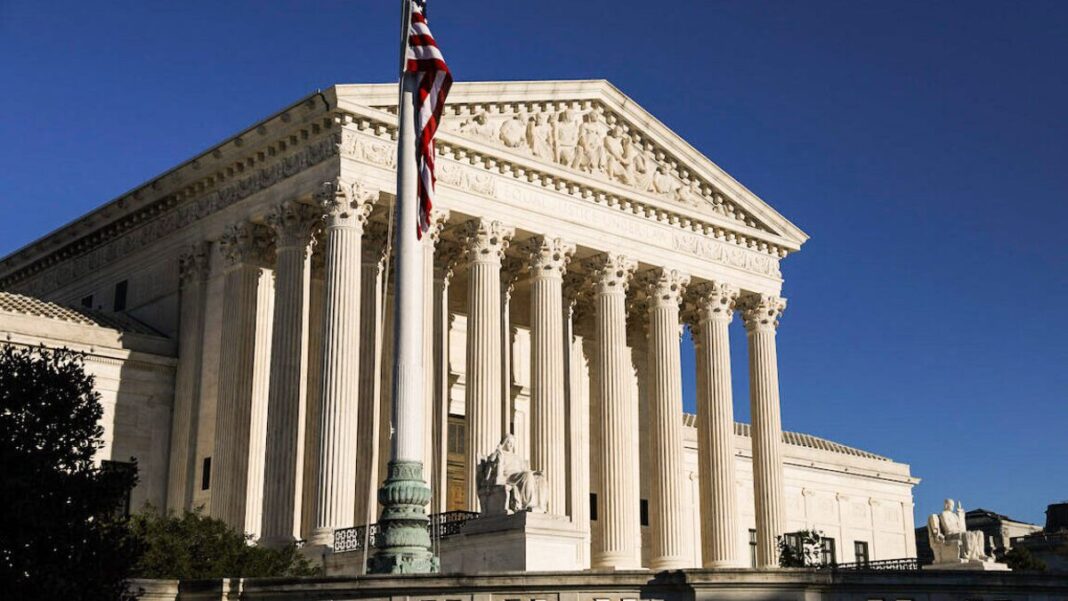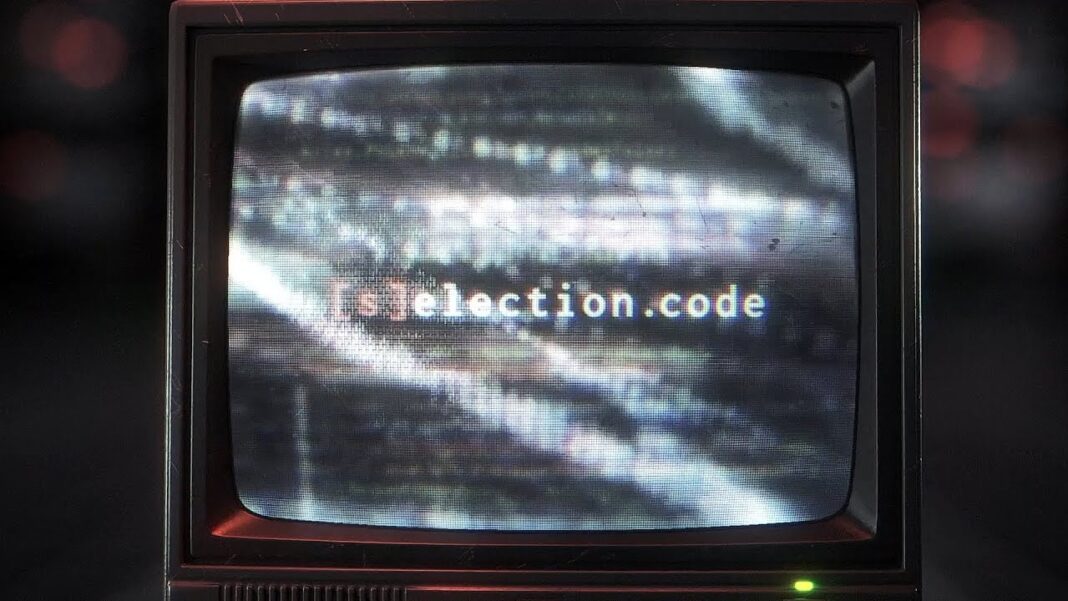High court sides with district judge who found the current method of election discriminates against black voters
The Supreme Court issued an emergency order Aug. 19 blocking upcoming elections for Georgia’s Public Service Commission, upholding a lower court ruling that found the election rules currently in place discriminate against black voters.
The order is unusual because in recent years the Supreme Court has generally been reluctant to side with voters over state officials in disputes over election rules, especially when the court has been asked to act in an emergency posture.
The state’s Public Service Commission (PSC) regulates electric, natural gas, and telecommunications companies. There are five elected commissioners. Since 1906, commissioners have been elected on a statewide at-large basis.
Elections for two of the five seats were scheduled for Nov. 8. If the legal dispute is not resolved soon, those elections may not proceed.
On Aug. 5, Judge Steven D. Grimberg of the U.S. District Court for the Northern District of Georgia issued a 64-page ruling (pdf) finding that statewide at-large elections for the PSC were racially discriminatory because this method of election “unlawfully dilutes the votes of Black citizens under Section 2 of the Voting Rights Act of 1965.”
The system “must change,” added Grimberg, who was appointed by former President Donald Trump. The challenge to the PSC elections was brought by Georgia voters, one of whom, Richard Rose, is president of the Atlanta chapter of the NAACP.
Section 2 of the Voting Rights Act “prohibits voting practices or procedures that discriminate on the basis of race, color, or membership in one of the language minority groups identified” in the statute, according to a U.S. Department of Justice summary.
“Most of the cases arising under Section 2 since its enactment involved challenges to at-large election schemes, but the section’s prohibition against discrimination in voting applies nationwide to any voting standard, practice, or procedure that results in the denial or abridgement of the right of any citizen to vote on account of race, color, or membership in a language minority group.”









